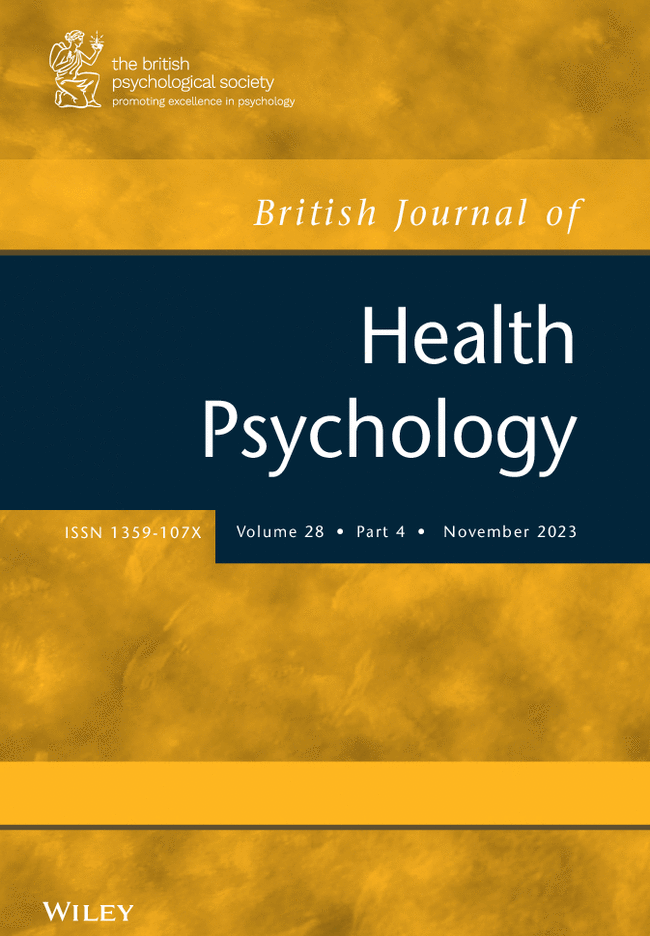The Cognitive and Behavioural Responses to Symptoms Questionnaire (CBRQ): Development, reliability and validity across several long-term conditions
Abstract
Objectives
Cognitive and behavioural responses to symptoms can worsen or maintain the severity of symptoms across long-term conditions (LTCs). Although the Cognitive and Behavioural Responses Questionnaire (CBRQ) has been used in research, its original development and psychometric properties as a transdiagnostic measure have not been reported. Our aim was to evaluate the psychometric properties of the CBRQ and a recently proposed short version, across different LTCs.
Design
Psychometric validation study.
Methods
Confirmatory factor analysis (CFA) tested the factor structure of the CBRQ in two datasets from the CBRQ's original development; (chronic fatigue syndrome, N = 230; and multiple sclerosis, N = 221) and in additional groups: haemodialysis (N = 174), inflammatory bowel disease (N = 182) and chronic dizziness (N = 185). Scale reliability and construct validity were assessed. The factor structure of the shortened CBRQ (CBRQ-SF) was also assessed.
Results
CFA revealed that a 7-or 8-factor structure had generally appropriate fit supporting the originally proposed 7 factors (Fear avoidance, Damage beliefs, Catastrophising, Embarrassment avoidance, Symptom focusing, All-or-nothing behaviour and Avoidance/Resting behaviour). Omega coefficients indicated satisfactory internal reliability. Correlations with related constructs suggested construct validity. The scale appeared sensitive to change. The CBRQ-SF also displayed good psychometric quality, with a better model fit than the CBRQ.
Conclusions
The CBRQ and the shortened version were shown to be reliable and valid at assessing a range of cognitive and behavioural responses to symptoms, highlighting the multi-symptom, transdiagnostic properties of this questionnaire. Further research is necessary to determine the test–retest reliability and sensitivity to change of the CBRQ and CBRQ-SF and a thorough evaluation of the content validity of the items.

 求助内容:
求助内容: 应助结果提醒方式:
应助结果提醒方式:


